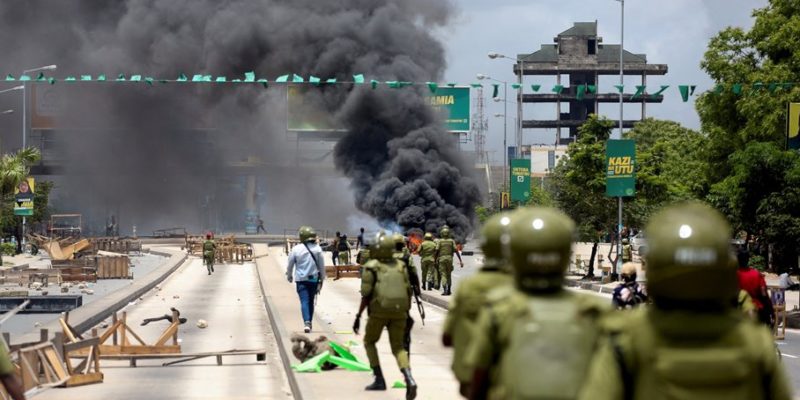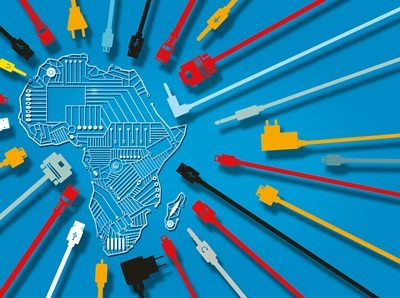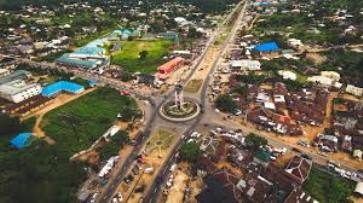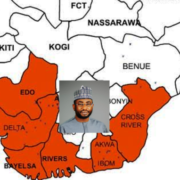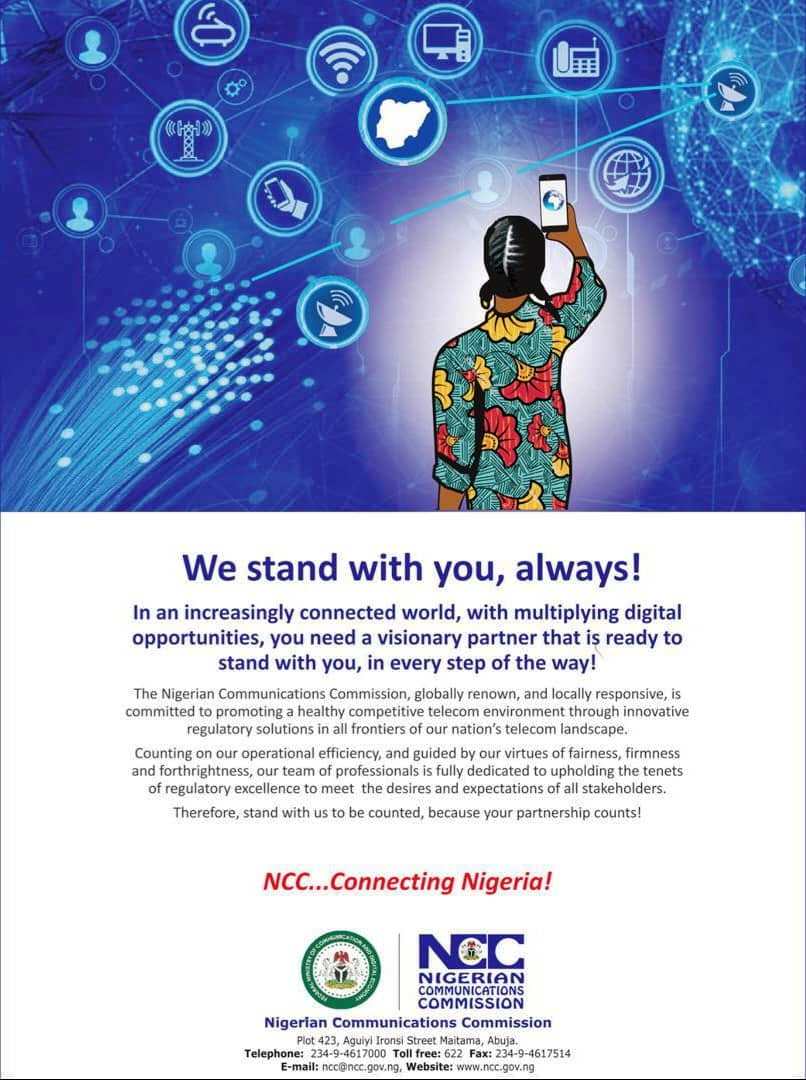By Osasómé C.O
Amnesty International Decries Human Rights Violations
Amnesty International has raised alarm over escalating human rights abuses in Tanzania following the October 29 general elections, including unlawful killings, internet restrictions, and electricity blackouts.
RELATED: Internet shutdowns in Africa double since 2016
In a statement, Vongai Chikwanda, Amnesty International’s Deputy Director for East and Southern Africa, said the organization is “deeply concerned” by reports of excessive force used by Tanzanian security forces to disperse protesters during ongoing post-election demonstrations.
“This is the third time in less than a year that Tanzanian authorities have imposed an internet blockade to silence dissenting voices. Authorities must respect, protect, and facilitate the right to peaceful assembly,” Chikwanda said.
Excessive Force and Internet Censorship
Amnesty International reports that many Tanzanians have endured nationwide internet and electricity shutdowns for nearly a week, preventing access to information and disrupting communication across the country. Verified videos show protesters on the streets of Dar es Salaam, Mbeya, Tunduma, Tanga, and Mwanza, among other cities.
Chikwanda urged Tanzanian authorities to immediately end the internet blackout, release all individuals detained for peaceful protest, and investigate all cases of unlawful killings committed by security agents.
The organization also called for free media reporting on the human rights situation and warned that restrictions on both local and international journalists were hindering transparency and accountability.
Elections Dominated by the Ruling Party
The October 29 elections were dominated by the ruling Chama cha Mapinduzi (CCM) party. The two major opposition candidates — Tundu Lissu of Chadema and Luhaga Mpina of ACT-Wazalendo — were barred from contesting.
Ahead of the polls, Amnesty International issued a briefing detailing how the government had intensified repression of dissent, targeting opposition politicians, journalists, human rights defenders, and civil society groups.
Internet Shutdowns: A Growing Trend in Africa
Tanzania’s partial internet blackout adds to a disturbing rise in internet restrictions across Africa. According to digital rights organizations, the continent recorded 21 shutdowns in 2024, often ordered during elections or political crises.
Common Reasons for Internet Lockdowns
-
Political unrest: Used to suppress protests or dissent.
-
Elections: To control information and limit opposition mobilization.
-
Conflicts: To restrict access to sensitive information during crises.
-
Security claims: Often cited as justification, though many see it as a pretext for censorship.
Wider Impact of Internet Blackouts
- Economic: Millions in losses for businesses and digital service providers.
- Social: Disrupts communication, education, and healthcare services.
- Political: Reinforces authoritarian control and limits democratic participation.
Notable Cases Across Africa
- Ethiopia: Repeated shutdowns during conflicts, including a year-long one in Tigray.
- Sudan: Multiple blackouts during protests.
- Nigeria: Seven-month Twitter ban in 2021; election-day blackout in 2024.
- Mauritius: Temporary social media block ahead of its 2024 elections.
Amnesty International concluded that such tactics violate international human rights law, urging African governments — including Tanzania — to uphold digital rights, restore internet access, and ensure accountability for security abuses.

